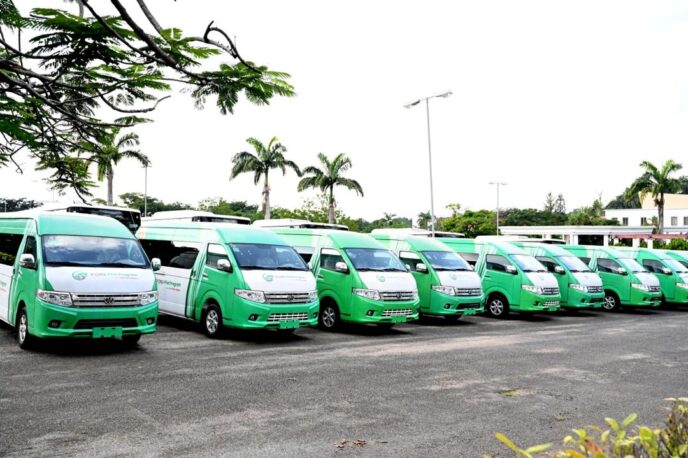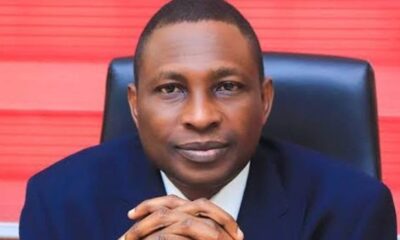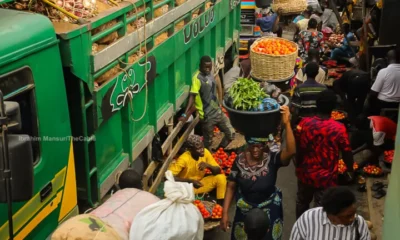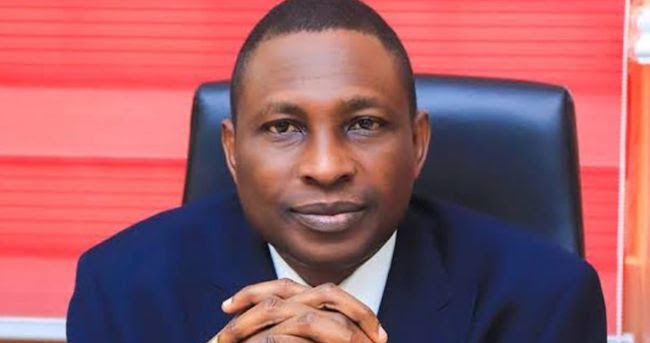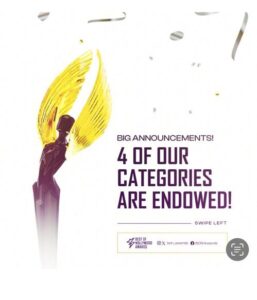The federal government has handed over 64 compressed natural gas (CNG) buses to representatives of the Trade Union Congress (TUC), the Nigerian Labour Congress (NLC), and the National Association of Nigerian Students (NANS).
The buses were presented to the unions on Sunday at the State House Conference Centre, Abuja, as part of activities marking Nigeria’s 64th independence anniversary.
Wale Edun, minister of finance and coordinating minister of the economy, led the government delegation to the handover ceremony.
The delegation included Mohammed Idris, minister of information and national orientation, Abubakar Bagudu, minister of budget and economic planning, and Ayodele Olawande, minister of state for youth development.
Speaking at the event, Edun said when deployed for commuter service, the buses would significantly reduce transportation costs in the country, bringing hope for a more affordable and efficient public transport system.
He described the distribution of the buses as fulfilling President Bola Tinubu’s promise to provide affordable and efficient transportation under the “Presidential Initiative on Compressed Natural Gas (PCNGi)” to support Nigerians after the removal of fuel subsidies.
He said the initiative is aimed at “alleviating the burden on the poor and vulnerable” and supporting macroeconomic reforms that would position the country on the path to economic stability.
The minister further said the symbolic handover of 64 buses on the eve of Nigeria’s National Day marked the beginning of a broader national rollout.
He said the federal government planned to distribute “over 500 CNG buses and 100 electric vehicles” in the first instance.
“The CNG initiative aligned with Nigeria’s commitment to cleaner energy while leveraging its energy resources for industrialisation,” he said.
“Today marks another critical milestone in the policies of President Tinubu. It is a transition to cleaner fuel. The emphasis is on mass transit.”
Edun said the federal government placed emphasis on intervening on the side of workers to ensure cheaper transport to enable them to cope with rising prices.
According to Edun, the CNG initiative will “significantly impact inflation positively.”
“We’ve had an initial spike in inflation, now it has peaked, and it is coming down,” he added.
“Mr President and the whole team are determined to ensure that we keep inflation coming down, and this is one of the major ways.”
The minister also said the fuel cost for CNG-powered vehicles was about “one-third of the fuel for petrol-powered vehicles.”
According to Edun, motorists can now “pay as low as N15,000 to fill a tank instead of N50,000 or more.”
“Today, it is CNG. Tomorrow, it will be helping farmers to cope with the remainder of the wet season planting and then the dry season planting, starting from November, with fertiliser, inputs, seeds, and herbicides,” he said.
“This is all to get prices down and get the economy moving again.”
Michael Oluwagbemi, programme director and chief executive of PCNGi, said since its establishment one year ago, over 125 conversion centres have been established, compared to the initial seven.
He said investment in the sector has exceeded “175 million dollars,” with “12 new mother stations commissioned and 75 more under construction.”
“Technician training is being ramped up, with 40 new technicians trained weekly. Over 34,000 conversion kits have been ordered, with more than half already distributed,” Oluwagbemi said.
He added that vehicle conversions were taking place at “53 centres in eight states,” and that the centres would be expanded to all the 36 states and the FCT.
On their part, Nuhu Toro, secretary-general and chief executive of TUC; Lucky Emonefe, NANS president; and Uche Ekwe, head of the international desk, NLC, commended Tinubu for the gesture.
They called for more CNG buses to be made available to the public.

 BIG STORY4 days ago
BIG STORY4 days ago
 BIG STORY4 days ago
BIG STORY4 days ago
 BIG STORY3 days ago
BIG STORY3 days ago
 BIG STORY4 days ago
BIG STORY4 days ago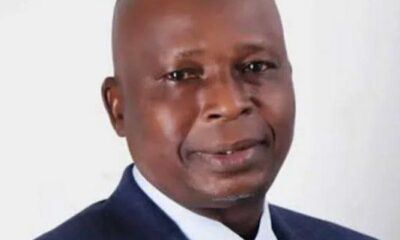
 BIG STORY5 days ago
BIG STORY5 days ago
 BIG STORY3 days ago
BIG STORY3 days ago
 BIG STORY4 days ago
BIG STORY4 days ago
 BIG STORY3 days ago
BIG STORY3 days ago




